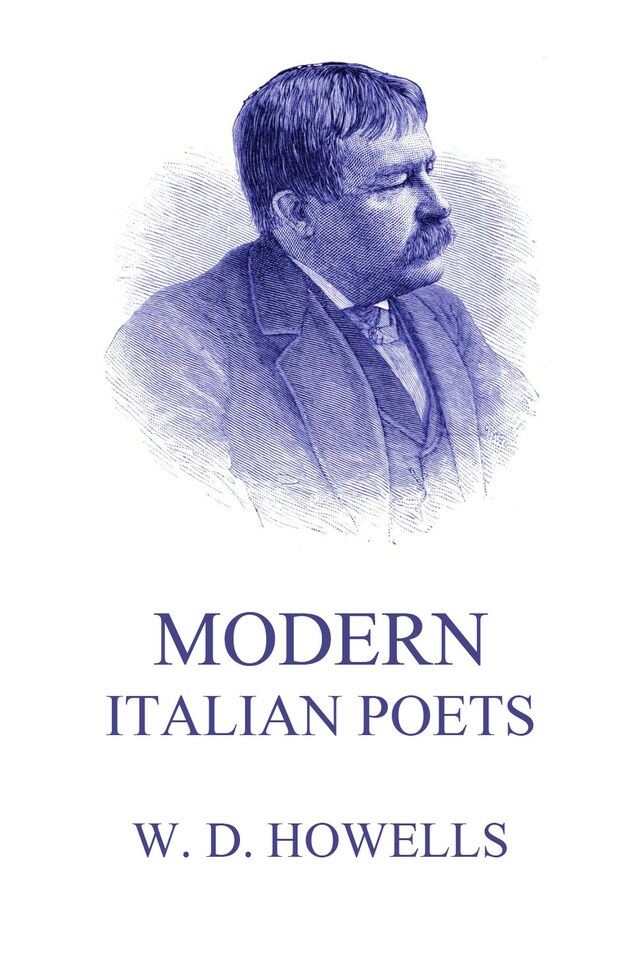
Modern Italian Poets
Beskrivelse av boken
How many of the intelligent play-goers of this intelligent land and of the present period could tell, without the play-bills in their hands, that Alfieri was the creator of Ristori's "Mirra" and of Salvini's "Saul" ? How many of the general readers of English verse know who Alfieri was or what he did ? And yet Vittorio Alfieri is the most familiar figure among the score of 'Modern Italian Poets' upon whom Mr. Howells dwells in his volume of Essays and Versions. Tommaso Grossi, Giacomo Leopardi, Giuseppe Giusti, Aleardo Aleardi, and their contemporaries, who flourished in Italy between the last quarter of the eighteenth century and the last quarter of this, mean as little today to Cambridge or to Chicago as the names of George P. Morris, Fitz-Greene Halleck, Clement C. Moore, and McDonald Clark mean to the cultured circles of Florence or Milan. A hundred years ago Literary Academics, so called, were the fashion in Italy. They bore fanciful and grotesque names, such as "The Ardent", "The Illuminated," or "The Insipid," and according to Mr. Howells they were all devoted to one purpose, namely, the perpetration and the perpetuation of twaddle. It was a time when every person of breeding devoted himself, or herself, to the cult of some muse or other ; and if he belonged to the sterner sex, he established himself as the conventional admirer of his neighbor's wife ; the great Academy of Arcadia, founded to restore good taste in poetry, prescribing conditions by which anybody, without respect to age or gender, could become a poetaster, and good society expecting every gentle man and lady to be in love! Mr. Howells shows that Arcadia still exists in Italy, although the age of gallantry has long passed away ; and it is the survival of the fittest of the Arcadians which he here records. In Tuscan cities and in the Venetian days of twenty- years ago, under Italian suns and with all the delightful advantages of atmosphere and place, Mr. Howells began the studies out of which this book has grown, and nothing of their Italian glow and fervor have they lost in their continuation and completion under the northern skies of the modern Belmont or in the bleak east winds of Boston, Massachusetts. The Italian poetry of the period which it chronologically covers seems to be fully represented here, although Mr. Howells in his preface half confesses that he himself does not consider it complete, and that he has succeeded in doing little more than indicate the character of his subjects and of their work. He certainly has done himself an injustice in this respect. He has not ignored any one among the principal Italian poets of the great movement which resulted in national freedom and unity ; and his history of poetry in Italy during the hundred years ending in 1870 most assuredly is neither desultory nor slight. He has not only prepared critical and biographical sketches from which much can be learned of the poets themselves, of their surroundings, of their sympathies, and of their aims, but he has given his readers a taste of their rhythmic quality by presenting faithful and careful translations of their verse ; from whole scenes of Alfieri's tragedy of "Orestes," to the charming lullaby of Giulio Carcano, "Sleep, sleep, sleep! my little girl."
 William Dean Howells
William Dean Howells 274 Sider
274 Sider